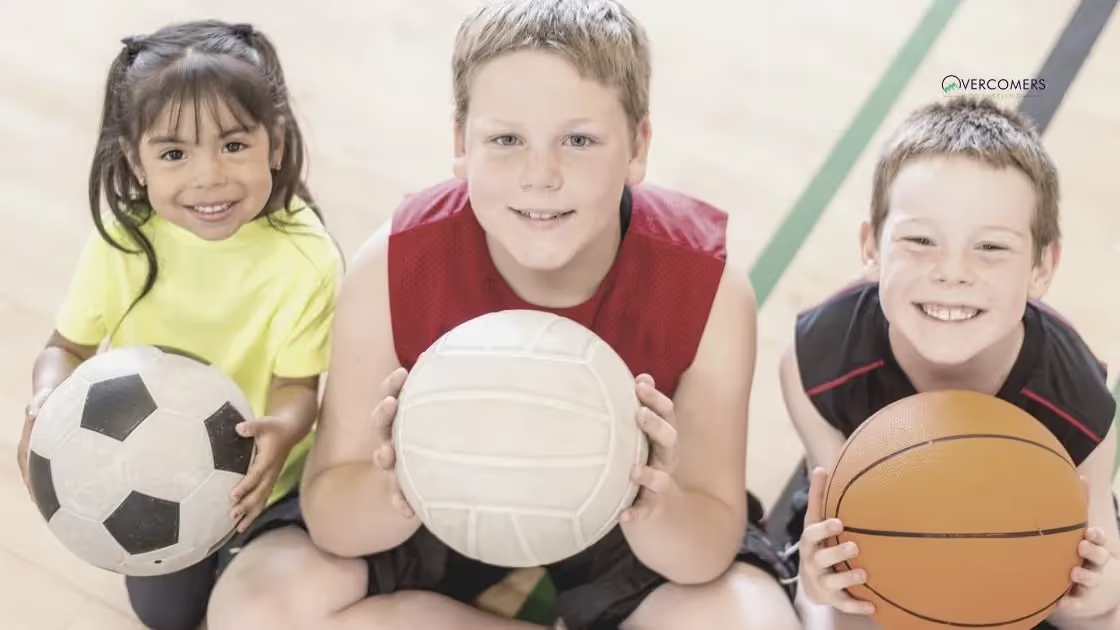Toxic friendships can hurt the mental well-being of your child. This is why it is so vital to saving your child from a toxic friendship. Fortunately, there...

Toxic friendships can hurt the mental well-being of your child. This is why it is so vital to saving your child from a toxic friendship. Fortunately, there are ways you can provide your child support and protection from toxic friends. A meaningful way to protect your child from a toxic friendship is to start young. When you begin discussing with your child, you can protect your child by teaching how to avoid bad friends and toxic friendships. Also, at a young age, you can determine the type of friends your child has. The use of structure can be a clever way to protect your child from a toxic friendship. If you carefully manage your child's schedule, you can limit the interactions with the bad influence. It can be easy for a parent to focus on the external factors in their child's life, such as bad friends. Even though the external factors are not as important for your child. A better approach to protect your child from a toxic friendship is to ensure your child's inner values are firm.
You can find out ways to protect your child from a toxic friendship below:
A great way to protect your child from a toxic friendship is to start while your child is young. This might mean preventing a friendship from forming. Consider educating your child early on about what a good friendship is. It is easier to prevent your child from falling into a toxic friendship than to end a toxic friendship. It would help your child if you began conversations about the meaning of a healthy friendship. You can use your friends to explain friendship to your child. Although this doesn't mean it is not possible for a good friend to become a toxic friend. You can also teach your child how to know when a friend stops being a good friend. This will significantly reduce the chance of your child being in a toxic friendship. Another advantage of starting early is that when your child is very young, you have more control over their friendships. You can determine the house or playdays they go to. You should take advantage of this to help protect your child from toxic friends, especially before their teenage years.
A clever way you can protect your child from a toxic friendship is to adjust your child's schedule. Generally, friendship relies on meetings and free time. You alter your child's schedule in a way that there is no time to interact with toxic friends. If you add structures to distance your child from their toxic friend, the friendship will likely suffer. Most friendships rely heavily on proximity. It would help protect your child if your child could get some time away from their toxic friendship. Try to look at your child's schedule and cut out the unnecessary parts of the schedule. For instance, if your child's friend is always hanging out at the park with your child, it might be time for you to fill up that space with your child. You can replace this time with something more productive like sports, music, drama, and academics. There will likely be opportunities for new things in your child's schedule. Consider if you can free up more time in your schedule. This will essentially provide you with the opportunity to have a good influence on your child's life.
When you focus on your child's toxic friendship, you could start to focus on the wrong things. Another effective way to ensure you protect your child from a toxic friendship is to concentrate on your child. This means that rather than talking about the bad friend, you talk about your child. It is your child's inner feelings that determine the actions they take. If you focus on your child, you will be at an advantage over a toxic friendship. For instance, when your child understands the value of school, it is unlikely for your child to join a bad friend to skip school. Although a bad friend can influence your child, your focus should be on your child. This way, your child's value ultimately creates a gap in the toxic friendship. Ultimately, you might find yourself stressed about a toxic friendship. This might make you focus on the friend and speak against the friend. A better approach would be to ensure that your child's values are strong.
You might believe the best way to protect your child from a toxic friendship is to advise your child to end the friendship. However, you might soon find out that your child ignores your advice. This might lead to conflict between you and your child. Children are more likely to get defensive when you speak against their friends. This will also likely close up your child to a conversation about their friends. It is natural for children to align with their peers against you. Another approach to reach your child that you could consider would be to focus on listening to your child. When you listen to your child, you can help make your child discover by themselves the toxicity of their friendship. Trying to advise your child to end their toxic friendship might have the opposite effect. It is more important to provide your child with listening since children like their autonomy and independence. By listening to your child, you offer your child the opportunity to learn how to deal with bad friends alone. You can also know the right time to intervene with your child if you listen.

A way to protect your child from a toxic friendship is to be direct with your child. If you think your child is in a toxic friendship, consider bringing it up with your child. However, when you bring it up, try to focus on the behavior at hand. The objective here would be for your child to realize the toxicity of their friendship. Try to stick to things that your child will not refute. For instance, if your child's friend cheats, you can mention the fact of the cheating. By addressing the issue, your child will be less likely to feel judged by you. This can even allow your child to recognize that their friend is toxic. You could ask your child questions about the kind of friend they want in their lives. After you address the issue, you might discover that your child is also looking to end the friendship. You can help your child figure out the best way to end the friendship.
Toxic friends can cause the mental well-being of your child to suffer. You might need to provide your child support to overcome toxic friends. There are excellent ways to protect your child from a toxic friendship, such as starting early, focusing on your child, adding more structure, listening, and addressing the friendship directly.
https://www.purewow.com/family/how-to-help-a-child-with-a-toxic-friendship
https://www.verywellfamily.com/how-to-spot-the-signs-of-an-unhealthy-friendship-5223470
https://www.moms.com/help-kids-deal-toxic-friends/
https://www.imom.com/when-to-intervene-in-your-childs-friendships/
Help your child by providing support and guidance, using positive language, highlighting the progress they have made, breaking down the challenge into smaller steps, and motivating them with positive affirmations.